detail profile eugenio domingo
Peran Yang Di Mainkan Eugenio Domingo
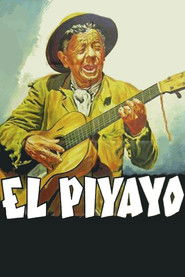 The Piyayo offers a calm and...
The Piyayo offers a calm and...El piyayo 1956
The Piyayo offers a calm and friendly reflection on the Providence by the streets of Malaga. He is a gypsy lover of tradition, rich in grace and with a spirit that exudes honesty. He lives offering company to all who listen to him through the city. And so the character touches for the quality and nobility of his feeling, while his conversations, in every corner of Malaga, remember everyone to have faith in Divine Providence, showing a practical lesson on the subject.
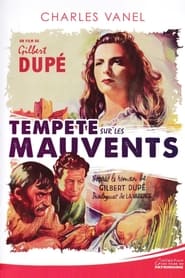 Nogure an old patriarch is about...
Nogure an old patriarch is about...Malaire 1952
Noguère, an old patriarch, is about to die and decides to confess at last to a priest. He once lived alone with his son Juste, who helped him to farm the Mauvents land. One night Noguère fired at a couple of trespassers, hurting the girl and killing her fiancé. Giving Catoune, the girl, the shelter of his home, Noguère was forced - however reluctantly it may have been - to break the bad news to the fiancée. For all that Catoune recovered, settled down and later married Juste. After a while Juste left for the war and was soon reported missing. Noguère comforted the distressed young woman so well that she became her mistress. But Juste had not been killed.
 1808 During the Spanish Independence war the...
1808 During the Spanish Independence war the...Agustina of Aragon 1950
1808. During the Spanish Independence war the city of Zaragoza is besieged by French troops. Spanish forces under General Palafox are scarce. Brave Agustina doesn't hesitate to lead the battle and even fire a cannon to stop the invaders when others run away. Based on historical facts.
 Barcelona 1860 Mr Esteve owner of a...
Barcelona 1860 Mr Esteve owner of a...El señor Esteve 1948
Barcelona, 1860. Mr. Esteve, owner of a haberdashery and proud of his son, attends the christening of his grandson who, years later, determined to become a renowned artist, seems unwilling to continue the tradition and take over the family business. (Only badly preserved and severely mutilated copies of this film survive, just 69 out of a total of 108 minutes.)

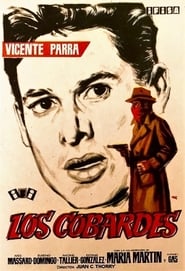
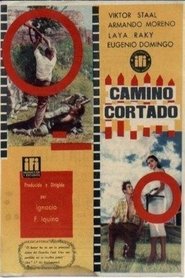 After committing a crime four fugitives...
After committing a crime four fugitives...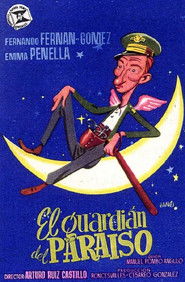 A serene mind a person is...
A serene mind a person is...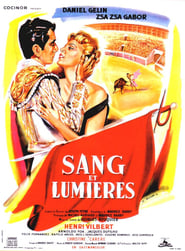 Love in a Hot Climate Spanish...
Love in a Hot Climate Spanish...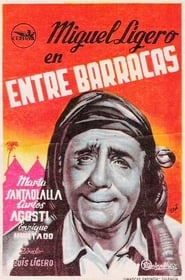
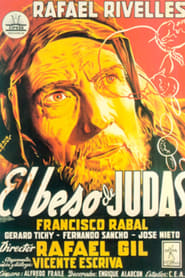 The story of Judass betrayal of...
The story of Judass betrayal of...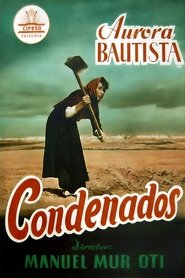 In the fields of La Mancha...
In the fields of La Mancha...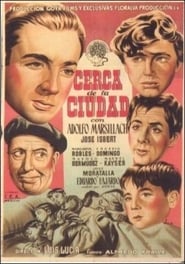
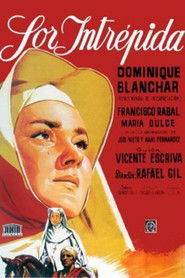
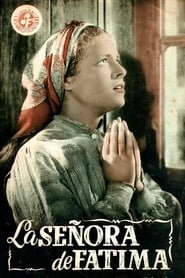 The story of the 1917 miracle of...
The story of the 1917 miracle of...